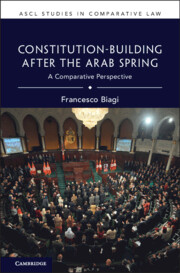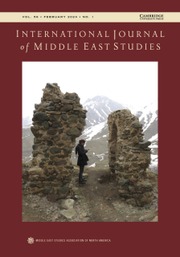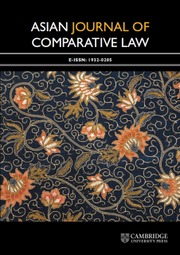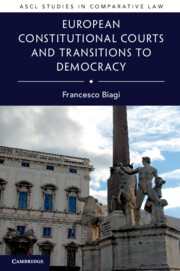Constitution-Building After the Arab Spring
How were post-Arab Spring constitutions drafted? What are the most significant elements of continuity and change within the new constitutional texts? What purposes are these texts designed to serve? To what extent have constitutional provisions been enforced? Have the principles of constitutionalism been strengthened compared to the past? These are some of the key questions Francesco Biagi addresses. Constitution Building After the Arab Spring. A Comparative Perspective examines seven national experiences of constitution building in the Arab world following the 2011 uprisings, namely those of Morocco, Algeria, Tunisia, Libya, Egypt, Syria, and Jordan. This interdisciplinary book, based largely on the author's own work and research in the region, compares these seven national experiences through four analytical frameworks: constitution-drafting and constitutional reform processes; separation of powers and forms of government; constitutional justice; and religion, women and non-Muslims within the framework of citizenship.
- Provides useful insights for countries that are currently experiencing (or likely to experience in the future) a process of constitution building
- Contributes to a more in-depth understanding of the social, political and institutional dynamics in the Arab world, a region that has historically been very difficult to decipher
- Stands out from other competitors as this book takes up the very latest constitutional reforms in the Arab world, including the 2022 constitutional amendments in Jordan and the new 2022 Constitution of Tunisia
Product details
January 2025Hardback
9781009533645
340 pages
235 × 160 × 25 mm
0.617kg
Available
Table of Contents
- 1. We the People or We the Rulers? Constitution-making and Constitutional Reform Processes
- 2. Forms of Government and Distribution of Powers: More Concentration than Separation
- Chapter 3. Counter-majoritarian Institutions? The Role of Constitutional Courts and Councils
- Chapter 4. Religion, Non-Muslims and Women: The Challenges of Citizenship(s)
- Conclusions. Constitutional Dissonances.






